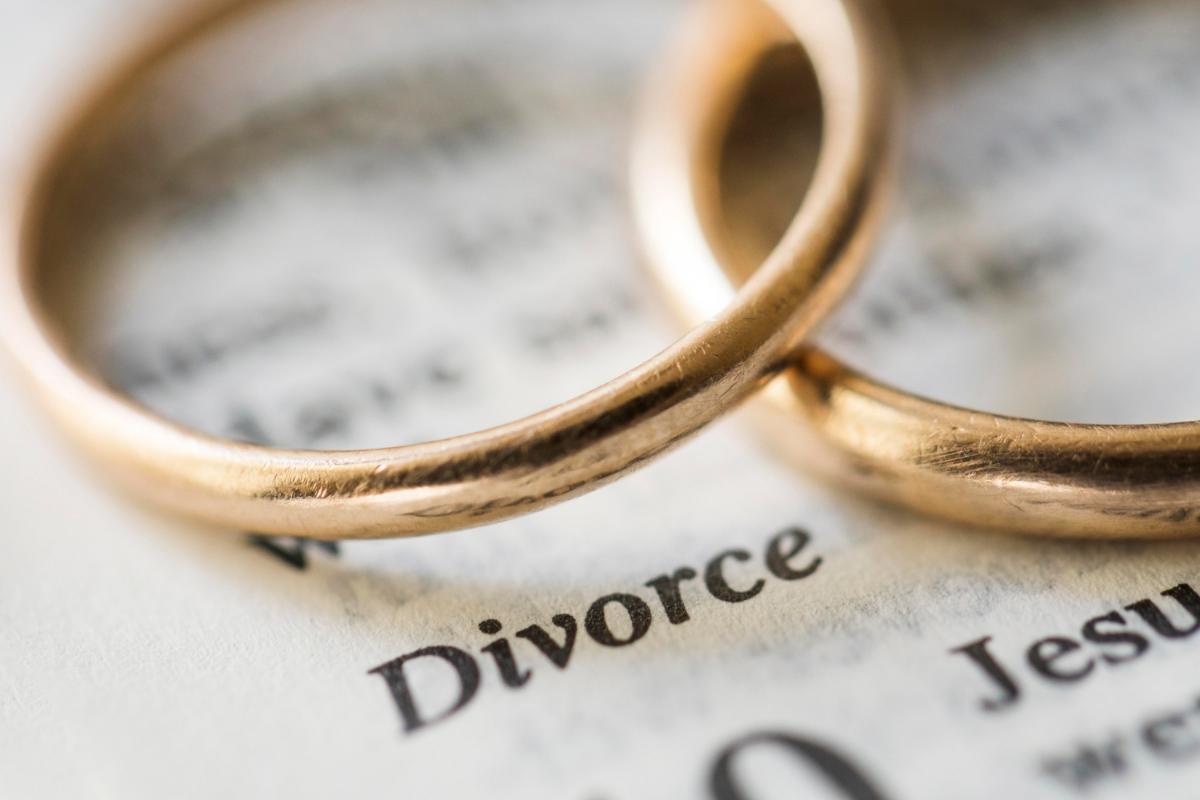Division of Property in a Divorce

You likely never considered terms like equitable distribution or community property as a newlywed. However, when a marriage ends in divorce, it typically involves challenging discussions and complex decisions- including conversations and conclusions about the division of marital property you once shared with your spouse.
Couples can work together to determine how to divide the property, assets, and marital debts in the most ideal situations. However, when an agreement is not possible due to conflict or complex issues regarding the value or ownership of property, each spouse may need to hire a lawyer to negotiate for them or attend court and request that a judge divides the marital property for them.
There are usually three factors that play into the division of assets in Orlando. The type of divorce you filed, the type of property owned, and the state you reside in.
Different divorce types
Though most individuals do not have the chance to consider the type of divorce they want, there are various options for couples who are willing to work together through the process. For example, in an uncontested divorce, the divorcing parties agree on all terms and submit the paperwork to the court. In this scenario, there is usually no formal trial. This option can be far less time-consuming and expensive than a traditional divorce.
When most people think of divorce, they picture a contested divorce. These cases include disputes over significant issues like spousal support, children, and property. A judge oversees the divorce case until a settlement is reached and both parties secure personal lawyers.
Other divorce types fit somewhere in the middle of these. Collaboration, arbitration, and mediation options allow couples to have their own representation without the cost and headache of a traditional trial.
The best option for divorce depends on a couple's willingness to work together toward a resolution and the level of conflicts.
The type of property you own
During a divorce, property division is a significant issue. In many cases, state law dictates how property is divided. The division of assets will depend on whether you reside in a community or a separate property state.
Community property
This view of property is that everything you both acquired or earned during your marriage is subject to division amongst both parties. In addition, property, like a home purchased with both community and separate funds, is usually still considered community property.
Separate property
This property belongs to one spouse alone, like something you owned before the marriage, inheritances or gifts that someone gave explicitly to you, or the money from a pension vested before your union.
The state you live in
Courts typically disperse property through one of two ways: equitable or community property distribution. Debts are also diverged according to these same principles. Depending on where you reside, here is how property is divided:
Equitable distribution
In all states besides those that uphold marital property as community property, earnings and assets accumulated during the union are divided relatively but not always equally. Some states may force one person to use outside property to keep the settlement equitable for each spouse.
Community property states
All property is classified as separate or community property in some states. When you divorce, community property is typically equally divided between spouses, while each can retain their individual property.
Keep in mind that division of property does not mean that everything is equally divided. Instead, the court will often grant each spouse a percentage of the property's value.
This is an overview of property division in divorce cases. Contact us today for more information on the division of assets in Orlando. We are here to serve you.